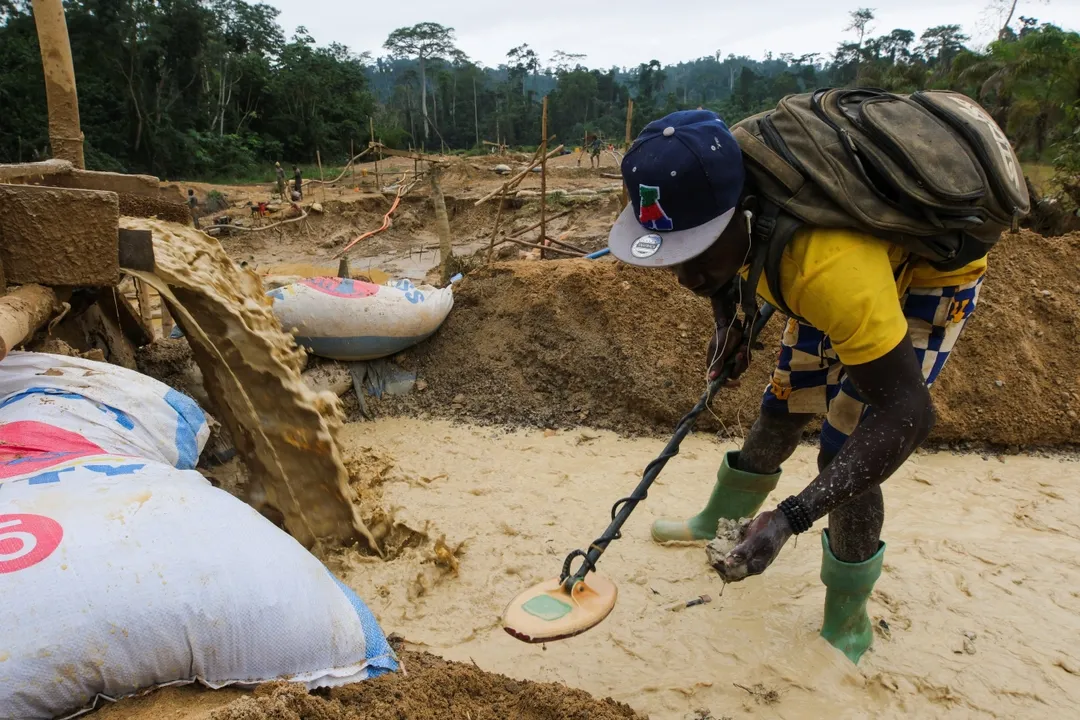Sport
Plan-based development is rooted in systematic planning and execution of development interventions based on extensive appraisal of the existing and available resources, including materials, human and time.
Ghana’s over-reliance on manifesto-based development poses a serious challenge to its progressive development.
During each general elections, political parties and their presidential candidates task selected party members to draft manifestos, that become the parties’ campaign message and vision for the country.
Political parties rely on manifestos as a strategy for Ghana’s development, and a panacea for its numerous challenges.
However, history has repeatedly taught us that manifesto-based development does not necessarily translate into sustainable development.
Evidence abounds regarding the uncountable number of uncompleted projects dotted across Ghana.
These projects are started, but not completed. This is because, in one way or the other, they were promised in parties’ manifestos without recourse to adequate resources, including time, to efficiently complete them.
Surprisingly, accountability for the uncompleted projects and excessive waste of limited state resources remains weak. The immunity clause in the 1992 constitution relief the head of government of all wrongdoings, even if stated resources have been wasted on uncompleted projects under their watch.

Nkrumah vision
However, in our quest for sustainable development, coupled with our limited resources, it’s crucial to minimise waste, and ensure prudent use of Ghana’s limited resources.
Plan-based development is more promising for Ghana than the current manifesto-based approach.
Plan-based development is rooted in systematic planning and execution of development interventions based on extensive appraisal of the existing and available resources, including materials, human and time.
It recognises the country’s current context and determines how available resources should be used to address critical socioeconomic challenges while making provisions for progressive development of the country.
Even in advanced economies, where resources seem to abound, plan-based development plays a key role in their development trajectory, minimising waste and promoting prudent use of state resources. Emerging economies, such as China, India, Malaysia among others, offer concrete examples of the relevance of plan-based development in resource-scarce environments.
Since Independence, there have been efforts to promote such approach to development in Ghana, with first President Kwameh Nkrumah’s progressive and incremental strategy as an example.
History reveals that Nkrumah sought to lay down the foundations (e.g., road networks, local industries, electricity etc.) that would support and spur sustained growth and development in Ghana.
Today, Ghana’s electricity supply is largely dependent on Nkrumah’s initiative. However, most of Nkrumah’s developmental initiatives could not be sustained due to successive change of government and lack of continuity.
That notwithstanding, the National Development Planning Commission (NDPC) provision under Articles 86 and 87 of the 1992 constitution, and the subsequent NDPC Act 1994 (Act 479) established the NDPC as an authoritative planning body to promote Ghana’s plan-based development.
The commission is mandated to ensure Ghana’s sustainable and even development by developing robust roadmaps and the blueprints.
Efficient use of resources
However, over-reliance on manifestos for Ghana’s development by political parties have belittled the critical role and the importance of NDPC in Ghana’s development.
Having practised manifesto-based development for two to three decades with less observable impacts on Ghana’s progress, it is crucial and timely to rethink of a meaningful development that is plan-based.
Ghana stands the chance to benefit enormously from plan-based development, including efficient use of its scarce resources, the ability to track progress, enhancing continuity and sustained development irrespective of the party in power, improving the quality of life of its citizens, promoting citizen-centric, accountable and transparent development, among others.

Adopting plan-based development must be supported by constitutional provisions and parliamentary oversight that compel the government of the day to adopt its development initiatives strictly and solely from the NDPC’s planned development.
As such, the NDPC Act must be reviewed to resource and enhance the capacity of the commission to develop, supervise and monitor Ghana’s development agenda.
The Act must also make it imperative for the commission to work collaboratively and collectively with all political parties and stakeholders including the private sector, in the co-development of Ghana’s planned development agenda.
This will ensure acceptability and ownership of the plan-based development agenda formulated by the commission. It is equally important for Ghana’s planned development agenda to be context-specific and responsive to the current and future needs of the country.
For instance, while 5-year plan is often used globally, Ghana can adopt a 4-year plan that aligns with the term of office of the government, thereby minimising the chances of discontinuity and the abandonment of existing or ongoing development projects following a change of government.
Ghanaians cannot continue to depend on past glories but rather build on them to advance progressive development of the country.
As nations race to achieve sustainable development, the time is now to rethink and retire manifesto-based development and advance meaningful, impactful and progressive development in Ghana.
The author, Dr. Peter Asare-Nuamah is a Lecturer at the School of Sustainable Development, University of Environment and Sustainable Development, Ghana, and a Senior Researcher at the Center for Development Research, University of Bonn, Germany.
Disclaimer: The views expressed by the author do not necessarily reflect the opinions, viewpoints and editorial policies of TRT Afrika.
Comments
No comments Yet




















Comment